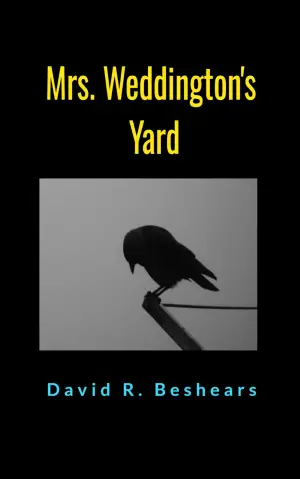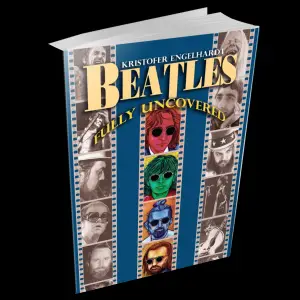Book Review: Vem har sagt något om kärlek? : Att bryta sig fri från … by Elaf Ali
When I first stumbled upon Elaf Ali’s Vem har sagt något om kärlek? : Att bryta sig fri från …, it struck a chord deep within me. The title itself is a bold declaration that drew me in, inviting reflection on love, freedom, and the constraints we often impose on ourselves and others. As someone who has always been fascinated by narratives of personal struggle and resilience, I felt an immediate connection to Elaf’s story and the poignant themes woven throughout her personal journey.
At the heart of this compelling memoir is the story of a young Iraqi girl finding her way in what is supposed to be a "free" country—Sweden. Elaf’s narrative uncovers layers of cultural expectations and familial pressures, reminiscent of a tragic incident I once read about: a father allowing his daughter to drown rather than let a man touch her during a rescue. This shocking notion illustrates the extremes to which societal norms can push individuals, particularly young women. As Elaf dreams of swimming, chatting, and exploring her world, these desires clash violently with the rigid expectations of honor that shadow her family.
The overarching themes of confinement and the quest for independence resonate profoundly. Elaf’s ability to articulate her experiences made me reflect on my own understanding of freedom and identity. The narrative explores the complexities of love—both familial and self-love—and how deeply they intertwine with the pursuit of personal freedom. It’s disheartening to realize that decades later, little has changed for girls in similar situations, a reality that Elaf confronts with both sorrow and tenacity.
Ali’s writing style is striking and emotive, effortlessly leading readers through her emotional landscape with a raw honesty that captivated me. Pacing is just right; the narrative builds momentum, leading us through Elaf’s challenges without overwhelming us. I was particularly moved by her vivid descriptions of everyday struggles and triumphs, coupled with the moments of joy she experiences within her constraints. Her reflections are introspective yet relatable, often prompting me to pause and consider the enormity of her circumstances.
A line from the book that resonated with me was, "To love oneself is to break the chains that bind you." It encapsulates the heart of her journey—the pursuit of self-acceptance amid external pressures. It’s a powerful reminder that freedom often begins with the self.
This book is not just for those who have experienced similar struggles; it’s a must-read for anyone interested in understanding the universality of human emotion and the different faces of love—both painful and liberating. Elaf Ali’s memoir is an invitation to confront our own biases and assumptions about freedom and identity.
In conclusion, Vem har sagt något om kärlek? is more than just a memoir; it’s a testament to the spirit of resilience in the face of societal constraints. It challenged me to rethink notions of love and freedom, leaving me both heartbroken and inspired. I wholeheartedly recommend this book to anyone seeking a deeper understanding of the complexities of cultural identity and the universal longing for liberation. Elaf’s story is a crucial reminder of the power of voice and the importance of breaking free from the confines of expectation. It’s a reading experience that lingers, inviting continued reflection long after the last page is turned.
Discover more about Vem har sagt något om kärlek? : Att bryta sig fri från … on GoodReads >>






